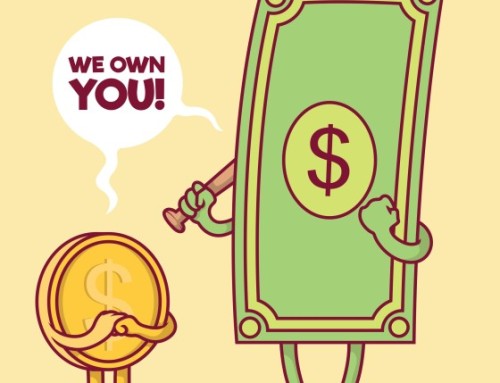Right to Cancel on an Auto
Is That a Thing?
Let’s say you just bought a car. On the way home from the dealer, you are kicking yourself because the payment is higher than you really should have agreed to, or you suddenly see tons of cars on the road with your same color and model.
Your momma always told you that you have 3 days to return anything you buy. The Federal Trade Commission (FTC) agrees, in part, with your momma: the federal cooling-off rules gives the consumer three days to cancel certain sales for a full refund.
Hold up! The Cooling-Off Rule doesn’t apply to vehicles, in most cases.
What is the Return Period for a Car?
There is no federal law instating a return period following a vehicle’s purchase. Some states have a “right to cancel” period that lets you return the auto within a certain time frame without experiencing any penalties or damage to your credit. However, limitations often apply.
So, unless the dealership has a return policy, you normally cannot return a car. Unlike many retail purchases, automobiles lose significant value as soon as they leave the lot. Immediate car depreciation plays an important role in consumer protection laws surrounding auto sales. Typically, the dealer who sold you the vehicle is not legally obligated to take it back and issue you a refund or exchange after you’ve signed the sales contract.
Once you sign that sales contract, you own the vehicle and you’re responsible for paying the loan as agreed.
How to Be Sure You’re Getting the Right Car
Our best tip for purchasing a car is to prepare well before you buy:
- Come talk to us about loan options. Know what you can afford and what your rate will be so you’ll see what a good deal you’re getting from us on the financing. That will also help you keep a calm head if a salesperson gets pushy.
- Do some research on the make and model you’re considering. Look at reviews. Read what the road testers have to say about safety, comfort, issues, etc.
- Look at JD Power/NADA prices for the auto. There’s a handy button for this on our homepage any time you need it.
- Read online reviews for the dealerships or check out the Better Business Bureau to make sure the dealer has a good reputation and exceptional customer service.
- Test-drive the vehicle.
- Investigate the history and condition of the specific car you’re considering purchasing using its VIN number. Sites like Carfax or AutoCheck tell you the car’s history. If you’re purchasing a car from a dealer, ask them to provide the car’s history for your review.
- Take the car to be inspected by an independent mechanic. They can provide an honest assessment of the car and any issues it may have. If the mechanic discovers mechanical problems, ask the seller to foot the repair bill.
What You CAN Do Instead
If you’re stuck with a car you don’t like, you can try contacting the dealership and explaining the situation. Remember, they’re under no obligation to allow you to return the car. If the dealership does have a return policy, check the terms. Find out how much time you have and which conditions you need to meet first. Otherwise, here are some ideas if you cannot return the car:
- The dealership may allow you to trade it in.
- Sell the vehicle.
- Ask us about refinancing for lower monthly payments
- If the car doesn’t work properly or is defective, the car may be considered a lemon. With major mechanical issues, the dealership may be legally required to accept a return. Check your state’s “lemon law” for more information.
One final word, trying to return a car you financed may have negative impacts on your credit score so prepare on the front end and get a car you love.





